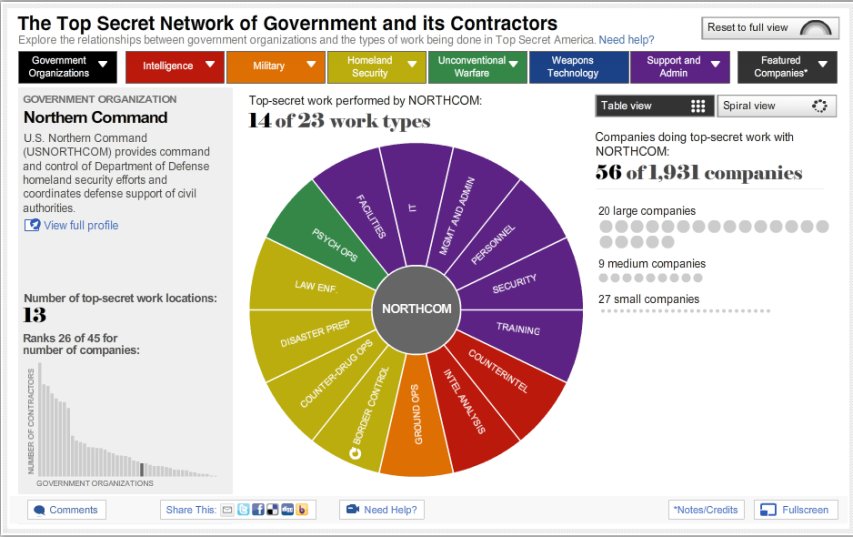Confederation in 1867 was supposed to create a single nation out of a group of separate British colonies in North America. In spite of that, in some areas, individual provinces treat one another as foreign entities for trading purposes. Alcohol, for example, is one product that gets special treatment for inter-provincial sales — almost always to interfere with or even prevent the purchase of alcohol in one province for consumption in another. 680News reports on the latest effort to harmonize the rules regarding alcohol sales across provincial borders:
Free my grapes will be the rallying cry on Parliament Hill on Tuesday as a committee hears from supporters of a private member’s bill seeking to erase a 1928 rule that restricts individuals from bringing wine across provincial borders.
Shirley-Ann George ran into that problem when she was visiting B.C. and then tried to join a wine club through a vineyard there, only to be told the vineyard couldn’t ship to her home in Ontario.
She decided to start up the Alliance of Canadian Wine Consumers to try to change it.
“You’ve got to be kidding,” is the most common refrain from people first learning about the rule, George said.
“Most Canadians don’t even know it is illegal. They think it’s silly, archaic and it’s time that the government started to think in the 21st century.”
Of course, the provinces are not keen to allow individuals to buy wine directly — that might threaten their respective monopolies (and the juicy profits they derive from being “the only game in town”). One of their current arguments against the bill is that it will somehow give Canadian wines an unfair advantage and that could cause issues with our international trade partners. I’m not sure how it benefits Canadian wineries to be shut out of selling to Canadian wine drinkers in other provinces, but I’m sure that they have some cockamamie statistical “proof” that they’ll trot out to bolster their argument.




